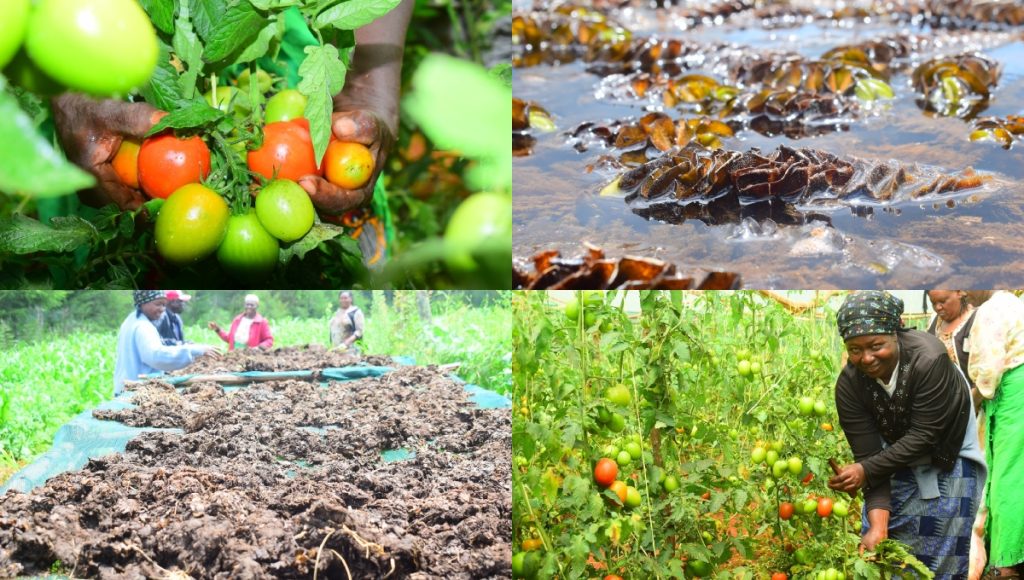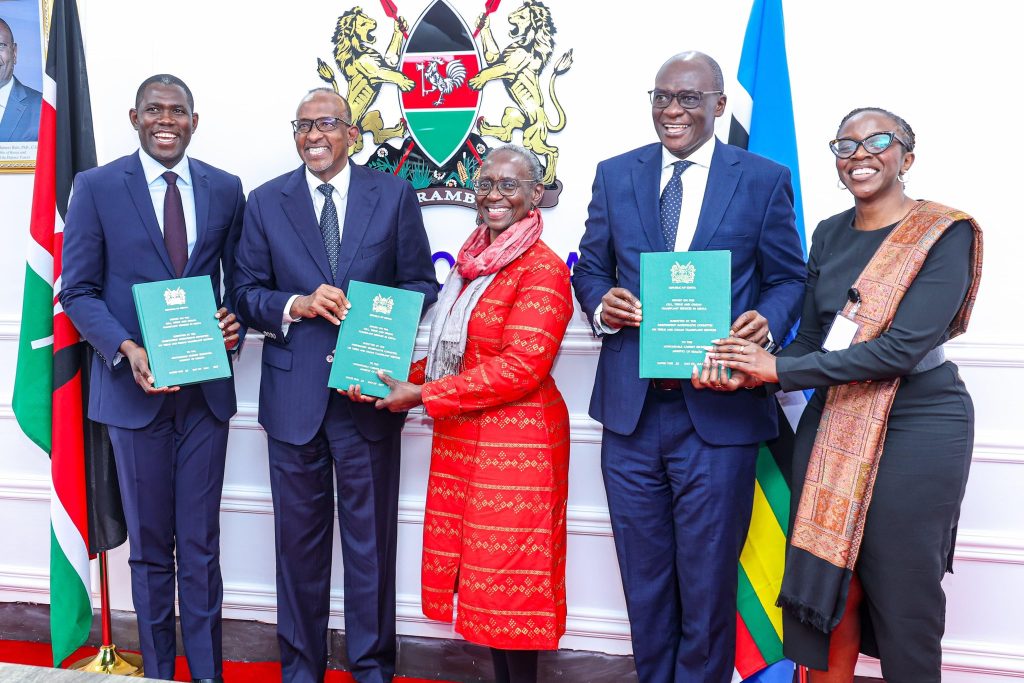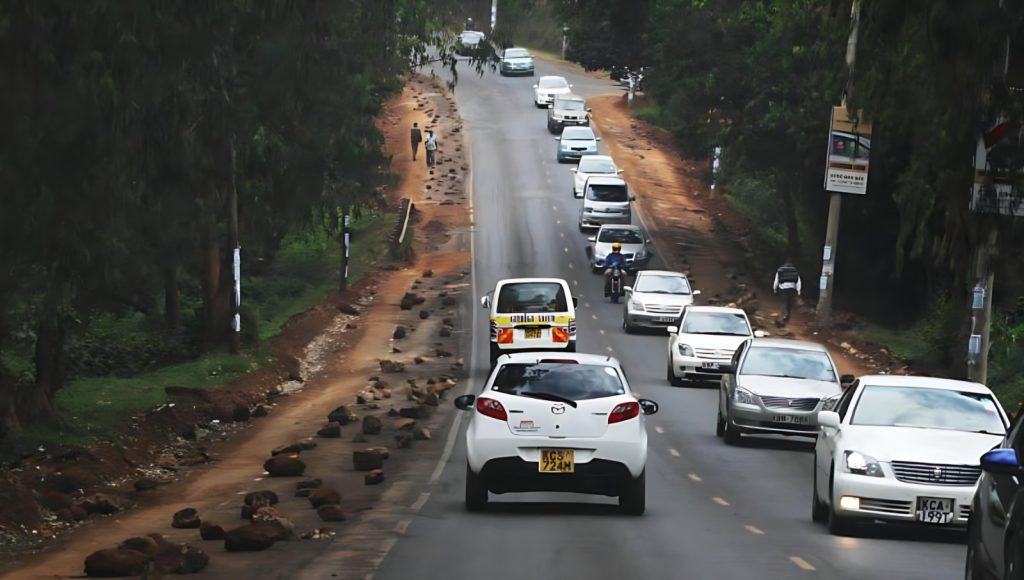Women from Losogwa village, Igwamiti ward Nyahururu town in Laikipia county have turned to chemical-free tomato cultivation as a means of making a living and preserving aquatic life as the world fights climate change.
As a soil enhancer, the Iregi women’s group from Losogwa uses biochar, a substance that resembles charcoal and has benefits like improved soil health and carbon sequestration.
According to one of the farmers, Beatrice Wangeci Irungu, they turned to greenhouse tomato cultivation after the original maize and beans failed to yield the desired level of income.
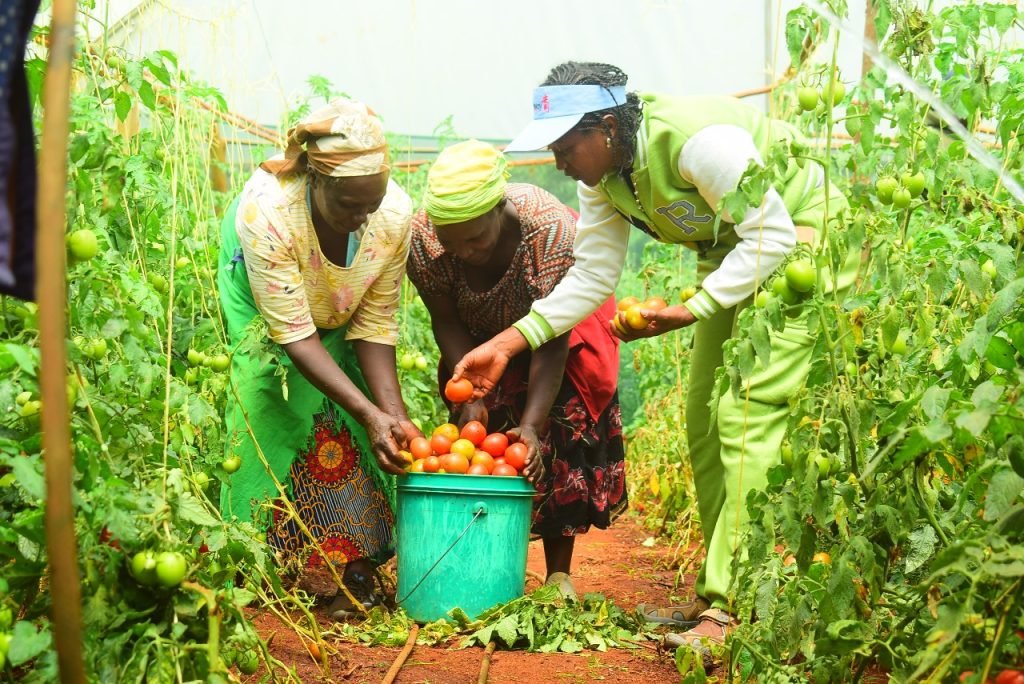
She claims that even though they are a small group, growing tomatoes has turned into a source of revenue for them after they were trained by specialists from the Char2Cool and Cranes Conservation organizations on how to use the resources that are available locally to maximize production.
”This is made feasible by a dam next to their farm, which allows them to easily obtain the raw material—Salvinia molesta plants—without having to struggle looking for modes of transport,” said Mrs. Wangeci
She went on to say that the Salvinia molesta had turned into a threat to them since the dam, which was utilized for fishing and other activities, was overrun with plants that displaced fish and other birds that called the dam home.
She adds that even the birds that were around the dam vanished following the Salvinia molesta infestation, but that since they began eliminating them, the dam is gradually reviving.
Biochar, a soil enhancer that can be produced locally from a free-floating aquatic plant called Salvinia molesta, is frequently found in wetland areas, according to Mr. David Warui, an expert from Cranes Conservation Volunteers, a nongovernmental organization that works with the conservation of endangered crane bird species.
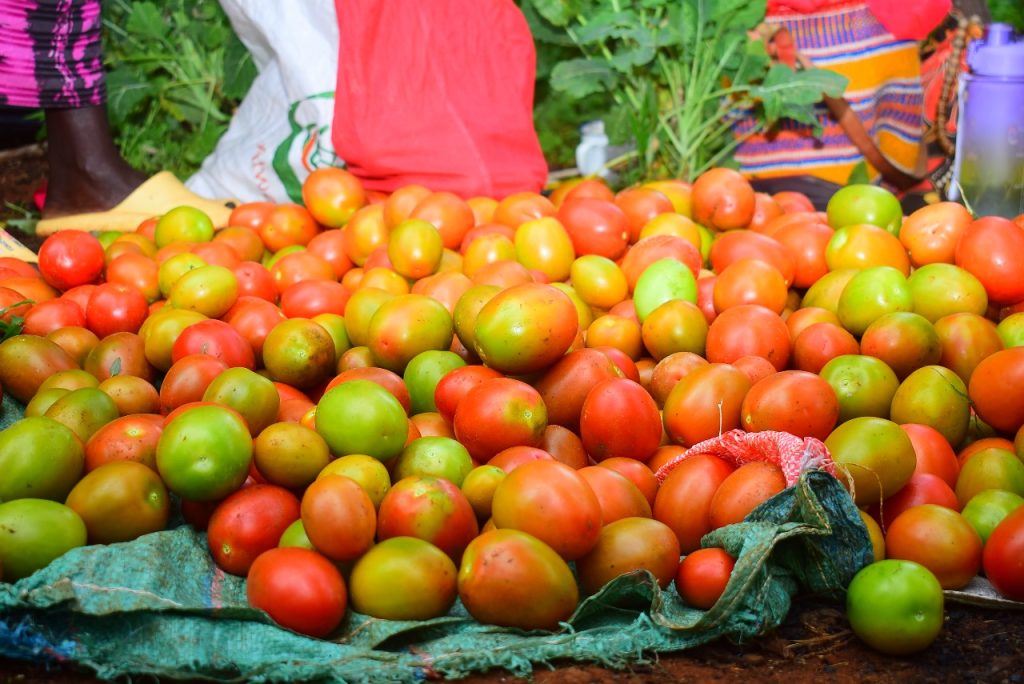
He claims that the toxic Salvinia molesta, which are detrimental to other aquatic life, are taken out of water bodies, dried, and combined with manure to create biochar, which is then used in place of fertilizer.
Biochar is chemical-free, and crops that are planted with it are free of other chemicals and toxic substances.
Warui continued by explaining how biochar can increase crop yields, decrease the need for fertilizer, and improve water retention.
Biochar is used to absorb moisture, get rid of odors, and make compost and animal bedding. Its durability and high carbon content make it effective in soil for an extended period of time.
He went on to say that one of the main forces behind the nation’s ongoing efforts to combat climate change is the adoption of organic farming practices, which the group is urging farmers to employ.
”As demonstrated by the Losogwa and Iregi women’s groups, he claims that aquatic life—particularly for the endangered crane bird species—cannot be disregarded because it is essential to maintaining the ecosystem’s equilibrium,” said Mr. Warui.
Written by Laban Muhinda



